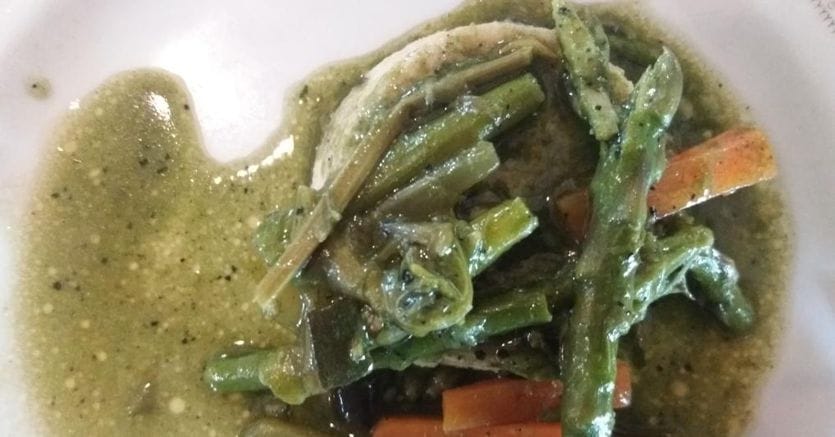“Learn the grammar of sustainability well”. It is on this point that Professor Angelo Riccaboni insists a lot, one of the organizers of the last Food System Summit in Rome as well as of the G20 Agriculture after many years spent at the UN Sustainable Development Solutions Network and then responsible for Italy for the EU Mission on Soil and food and president of the Prima Foundation for agrifood research projects.
A universal diet cannot be imposed
But if you ask him how our diet will really change between now and 2050, that is when all countries will have to respect the commitment to total climate neutrality, Riccaboni goes into detail. “We all agree on one thing – says Riccaboni – and we repeated it at the Food Summit in Rome: a global diet cannot be imposed from above; there are no valid solutions for everyone, there are too many differences in contexts, local cultures and even tastes, but the Mediterranean diet has the double advantage of being sustainable and protecting health “. It is true that there are studies that propose a sort of “Universal diet” but it is an “impracticable” goal, oaserva Riccaboni.
Synthetic foods penalize countries like Italy
As well as “it would make little sense to push towards synthetic foods which, even if sustainable, would penalize those realities widespread in countries like ours which rely on many agri-food chains an important part of their economies, tourism and the protection of the territory itself”. In other words, according to Riccaboni, on the one hand, consumers will have to increase their awareness of moving towards more sustainable foods but also manufacturers will have to work to better structure themselves and adequately face the challenge of combating climate change.
Danovaro: a planet to be restored to 75%
Many answers can come from the marine environment which represents about 70% of the planet. “We have a planet to restore and that is 75% altered” says Roberto Danovaro, professor of marine biology and ecology, one of the leading experts on ocean health, is president of the Anton Dohrn zoological station in Naples which is about to transform into first major Italian center on marine biodiversity. “Europe – explains Danovaro – is far ahead of many COP 26 countries, above all for solutions that rely on nature rather than on technologies; the problem is to focus on ecosystems rather than on combating climate change and the sea and oceans already offer possible solutions ”.
Offshore platforms for wind power and protected areas
Danovaro mentions the projects already started for large floating offshore platforms anchored to the seabed for the production of wind energy up to 4 thousand hours a year in the lower Adriatic in the Ionian Sea and between Sicily and Sardinia. Structures that would create protected areas obtaining the double result of having clean energy and protecting marine biodiversity.
